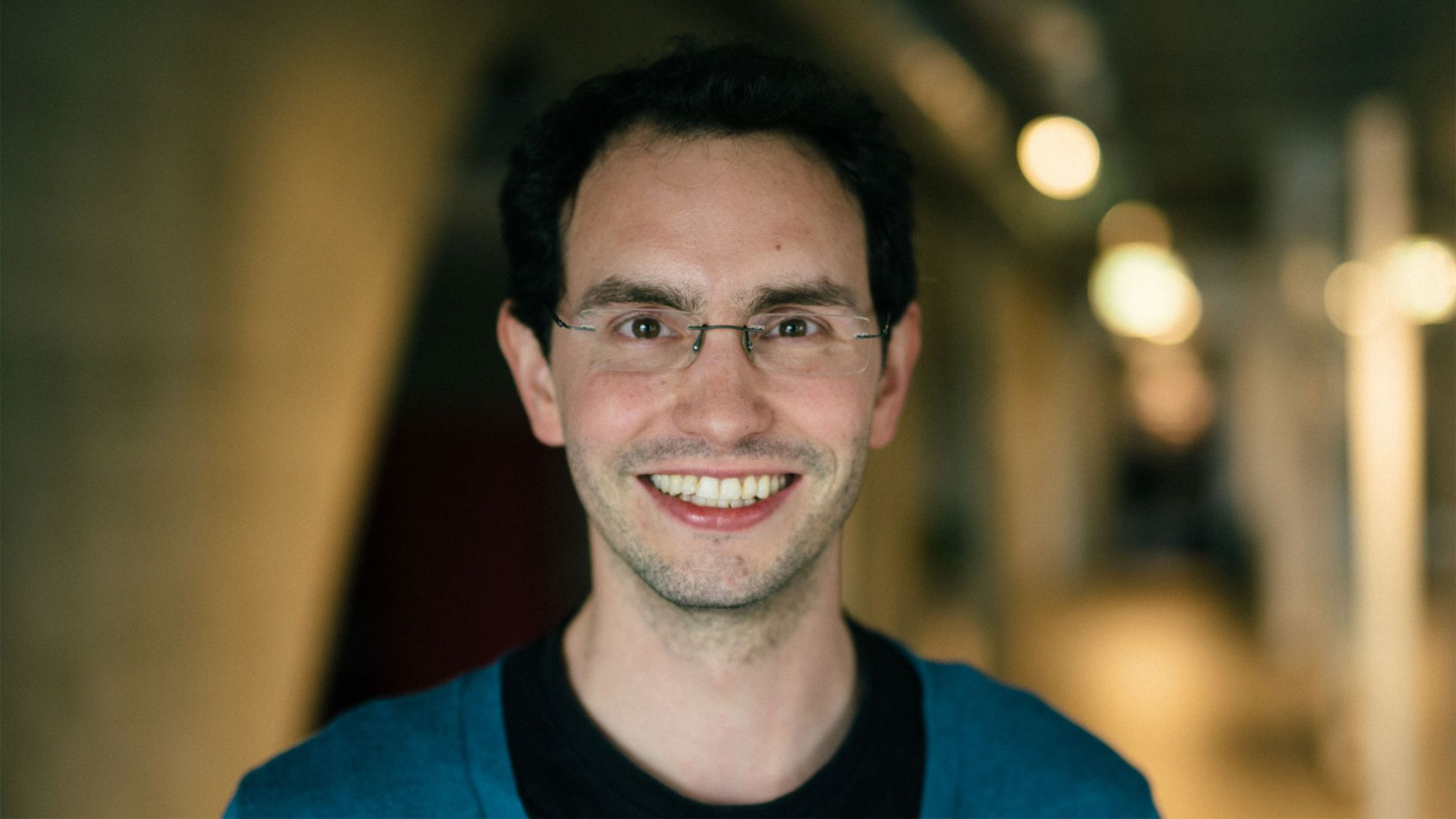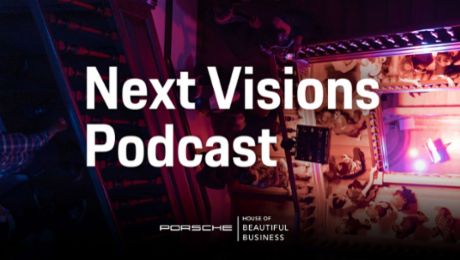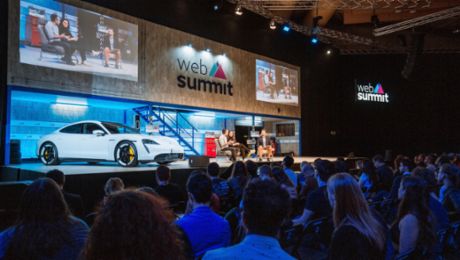Claudio Weck works as a Lab Scientist for Data Science and Artificial Intelligence in the Porsche laboratory in Berlin. His focus is on “Deep Learning”, a special area of machine learning. “My company-wide experience in predictive analytics, maintenance, management consulting and IT process consulting allows me to launch innovative business models quickly and flexibly in collaboration with interdisciplinary teams. Our receptive, international artificial intelligence team is best situated for this task.”
In his role as Data Scientist, Claudio helps IT and other departments to create supporting business cases out of innovative concepts as well as functional Minimal Viable Products (MVPs). The shared goal is to develop data-driven use cases and to bring expertise in the areas of data science and machine learning into the Porsche Group. In addition to innovations and pre-developments for networked driving and Production 4.0, this includes all company processes that can be supported by intelligent machines.
Weck is involved in project ideas as early as the concept phase
Claudio Weck is involved in project ideas as early as the concept phase and works on user requirements in collaboration with the Lab department specialising in user experience. The next stage is architectural planning, mainly in the form of big data analytics platforms or Deep Learning models for neural networks. This stage is followed by the pre-development phases and implementation of functional prototypes or “Minimal Viable Products”, which takes place either within the Porsche Digital Lab team or alongside specialists from IT and other departments as well as external start-up companies and partners. This mainly involves using Scrum and other flexible working methods to ultimately combine all disciplines into a single team of developers and deliver results in just a few weeks.
In addition to the implementation of the product itself, this format drives the transfer of knowledge to innovative technologies such as TensorFlow, Keras and Spark. These are frameworks for Deep Learning that can primarily be implemented on special hardware such as NVIDIA GPUs on servers and in vehicles. The applications usually come under one of three fields: computer vision (recognition and understanding of images and videos), machine vision (identification of patterns and trends in sensor data) and natural language processing (understanding and production of human speech).




